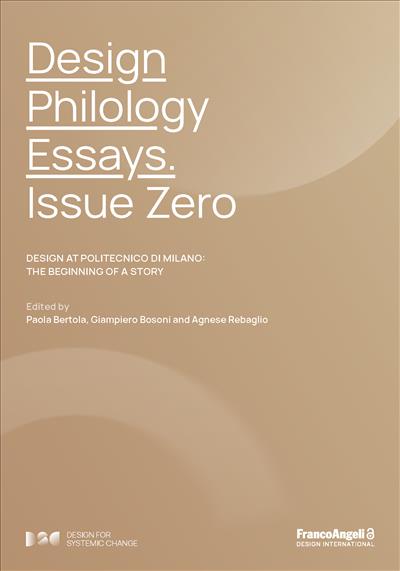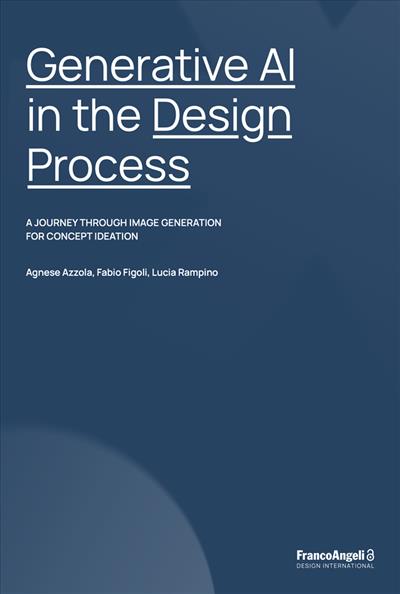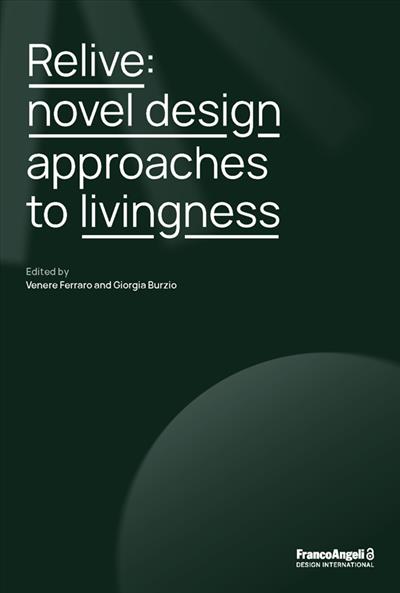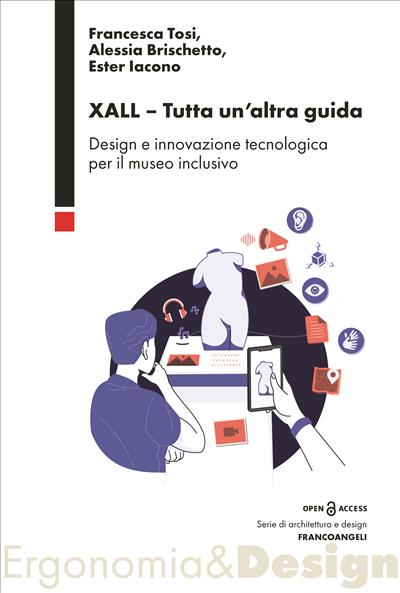
A cura di: Paola Bertola, Giampiero Bosoni, Agnese Rebaglio
Design Philology Essays. Issue Zero
Design at Politecnico di Milano: The Beginning of a Story
In October 1993, the first Bachelor’s Degree Program in Industrial Design in Italy was inaugurated at Politecnico di Milano. This volume – Issue Zero – launches a publishing initiative that, grounded in a reflection on the historical memory and cultural roots of Politecnico di Milano’s Design System, aims to sustain the distinctive forward-looking spirit of Polytechnic design culture. Its goal is to place design at the service of today’s cultural, social, technological, and environmental challenges.
Pagine: 414
ISBN: 9788835169871
Edizione:1a edizione 2024
Codice editore: 10319.33
Informazioni sugli open access




